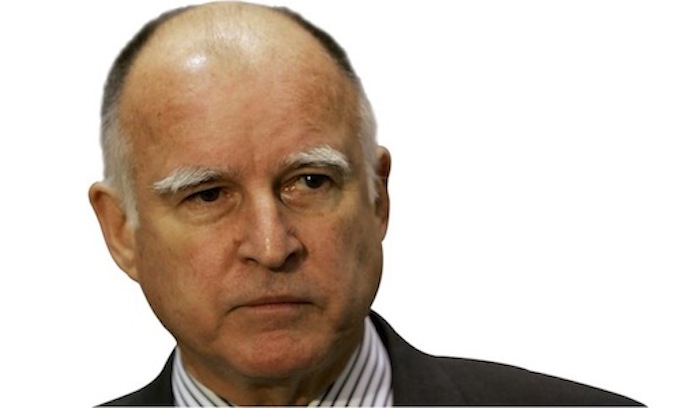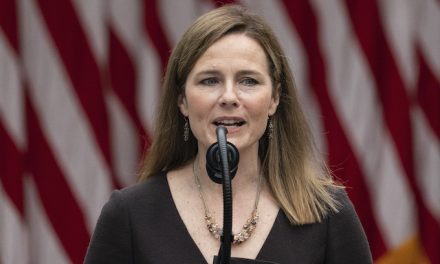Gov. Jerry Brown (D-Calif.) signed legislation this week that decriminalizes prostitution for minors – a law that seals a major shift in how law enforcement and the justice system handles sex crimes in California.
Supporters of the controversial measure agree with its authors, who insist that the real criminals are those employing teens to have sex for their profit.
“By prohibiting law enforcement from arresting people under the age of 18 for soliciting or loitering with intent, Senate Bill 1322 effectively shields those young people from criminal penalties,” The Sacramento Bee reports. “Advocates argued that young sex workers should be treated as victims – not criminals.”
However, opponents of the bill – including many police departments across the Golden State – have reportedly voiced a major concern that supporters fail to address.
“While embracing the idea of treating young sex workers as victims, law enforcement groups warned that removing penalties would remove a crucial tool for detaining young people and keeping them away from their abusers,” The Sacramento Bee’s Jeremy B. White informed.
Feeding into flawed reasoning?
The same kind of rationale justifying the decriminalization of youth prostitution via SB 1322 drove a number of previous bills addressing human trafficking that recently reached Brown’s desk.
“The governor also signed Assembly Bill 1761, which allows human trafficking victims to avoid conviction for nonviolent crimes they committed at the behest of their traffickers, and Senate Bill 823, which allows courts to vacate past convictions for crimes people committed under traffickers’ coercion,” White informed. “Also earning Brown’s signature were measures allowing minor trafficking victims to testify remotely and to receive services provided to witnesses.”
In addition, Brown set his pen against legislation geared to help children caught up in prostitution. This was demonstrated through his recent veto of a measure that was designed to establish a number of pilot programs for dealing with trafficked youths.
In Brown’s veto message, he justified turning the measure down by insisting that the problem is already being taken care of, explaining away his refusal by saying that another proposal should be evaluated next year – when new budget discussions take place.
“[T]here are numerous federal, state and local effort[s] underway to combat commercial sexual exploitation of children,” Brown contended after his veto.
Where’s the logic?
Conservative news media is not too confident that Brown and the California legislature have adequately weighed the consequences of the new law focusing on sex trafficking.
“I’m not so sure that this is a good idea, … “ Townhall’s Matt Vespa expressed regarding Brown’s signing of SB 1322. “I understand the reasons, but does anyone else think there is a better way to combat child prostitution?”
Vespa argues that the controversial bill fails to take into account that virtually every attorney involved in human trafficking lawsuits understands the sensitivity of the issues at hand and will make his or her determinations accordingly.
“For any lawyer, wouldn’t any levelheaded prosecuting attorney exhibit some discretion over whether to charge an abused 15-year-old girl with solicitation?” Vespa ventured. “Like most policies coming out of California, it shouldn’t shock us if this move backfires, which will have tragic consequences. We’ll see how this works out, though the notion of decriminalizing this horrific enterprise seems to be done without much foresight.”
—-
Copyright American Family News. Reprinted with permission.


















Recent Comments